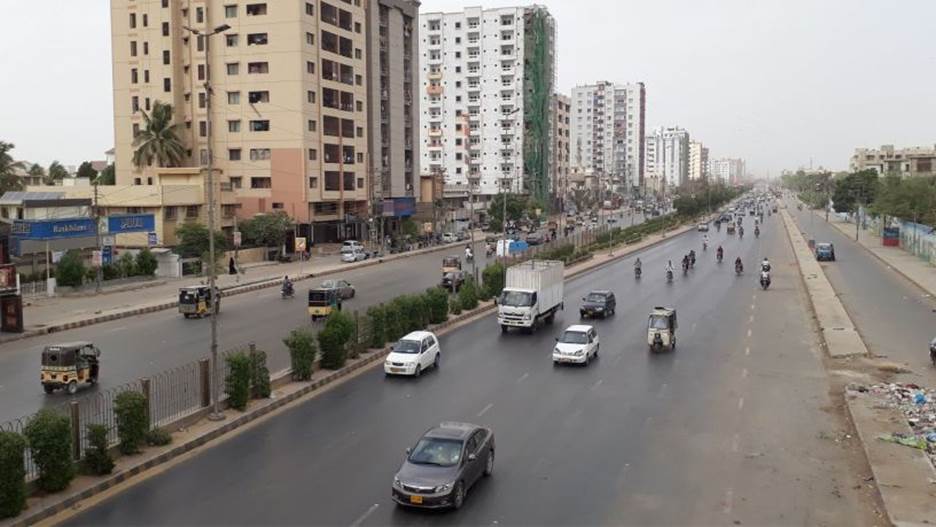
Karachi’s New Proposed Expressway Threatens Green Spaces, Endangers Climate
An under-construction expressway in Karachi is threatening to damage the largest green space in Pakistan’s largest city, posing an environmental risk for those residents.
The Malir Expressway, a public-private partnership project of the Sindh Government, is planned as a six-lane, nearly 40-kilometre-long expressway along the left bank floodplain of the Malir River. The route will connect the new urban communities of Bahria Town Karachi and DHA City on the north-east periphery of Karachi – gated housing estates built on land that was once home to low-income communities – to the established Defense Housing Authority in the south, reports The Third Pole .
The project will reduce whatever little green spaces are left in an already overcrowded city.
“As a result of permission for the building of real estate along the corridor, this lung of the city will be wiped out forever,” says prominent architect and urban planner Arif Hasan in an article published last year.
Besides robbing city dwellers of fresh spaces and clean air, the project will also increase urban heating, a phenomenon that makes urban areas warmer than their surroundings as a result of built surfaces absorbing heat and a lack of the cooling effect of vegetation. This leads to the city experiencing intense heat waves more frequently.
The project also presents a risk to the ecosystem – ecologists and wildlife experts note that the Malir area, home to 176 species of birds , is rich in wildlife. The new expressway will rob the flora and fauna of their natural habitats.
The Malir Expressway is also likely to worsen flooding in Karachi. South Asia already experiences heavier monsoon rains due to climate change. The expressway will block the natural flow of rainwater during heavy rainfall, reducing the river’s capacity to carry away excess water, leading to an increased risk of flooding.
Going ahead with the plan also violates several local and international laws, including the UN Declaration on the Rights of Indigenous Peoples , Article 10 of which states that Indigenous peoples shall not be relocated “without their free, prior and informed consent”. However, so far, those responsible are choosing to ignore the concerns of city residents and experts. – Sapan News

